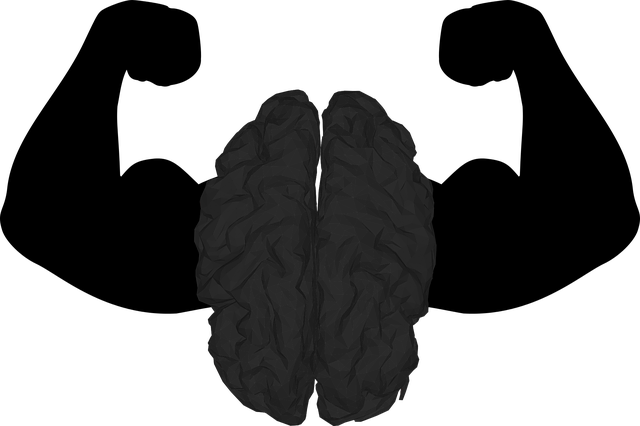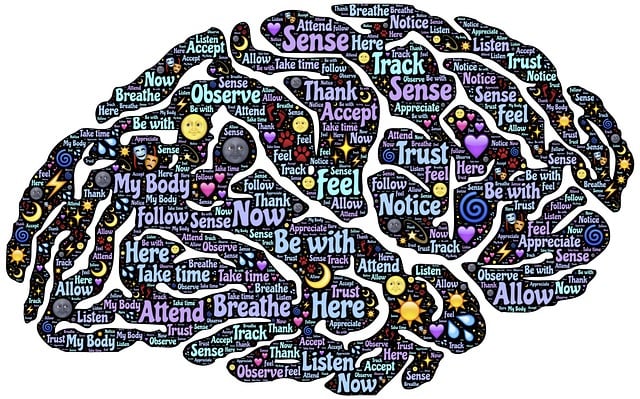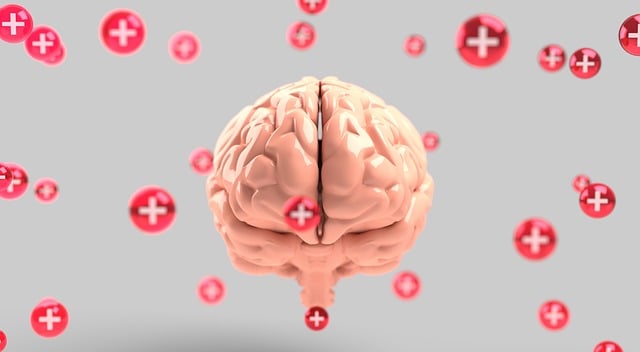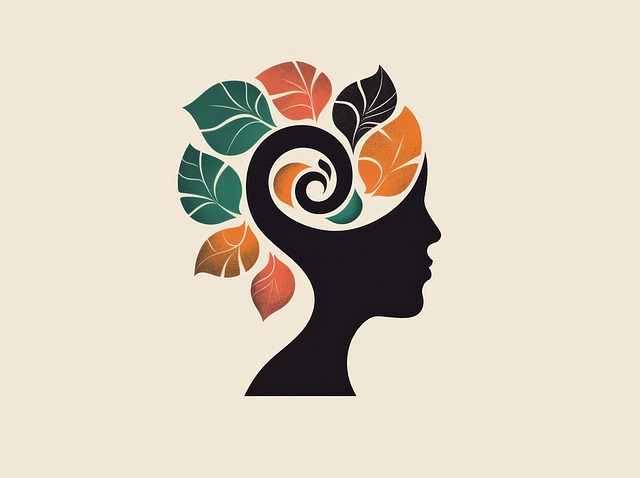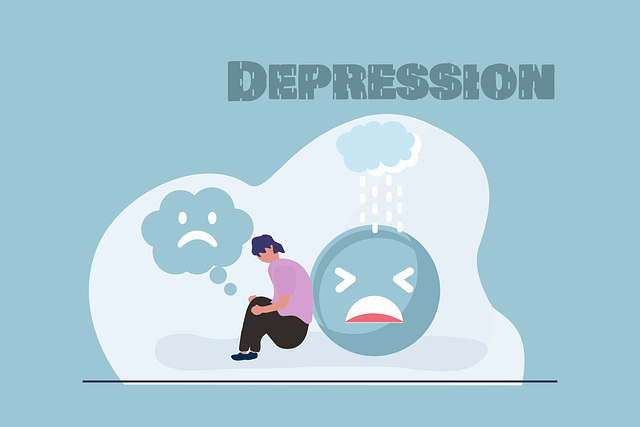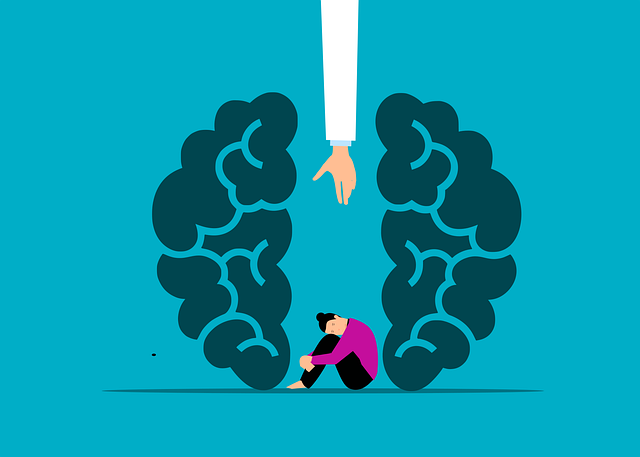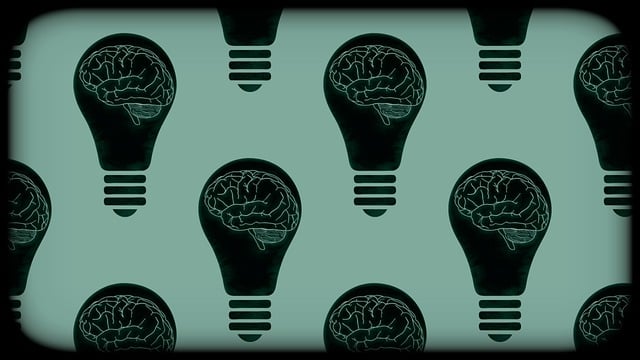In a world where mental wellness is paramount, Wheat Ridge Hypnosis Therapy offers innovative Self-Assessment tools to empower individuals. These assessments, catering to unique needs, utilize hypnotic techniques to uncover emotional barriers and promote positive thinking. With a focus on holistic well-being, the tool covers mood, anxiety, sleep, and coping strategies, integrating crisis intervention guidance and stigma reduction resources. Rigorous testing ensures accuracy, reliability, and alignment with established mental health standards, making Wheat Ridge Hypnosis Therapy a trusted source for mental wellness self-assessment and support.
Mental wellness self-assessment tools play a crucial role in personal growth and overall well-being. This article explores the development of such tools, emphasizing the importance of personalization and effectiveness. We delve into the integration of hypnotherapy, specifically the Wheat Ridge Hypnosis Therapy approach, as a game-changer in creating tailored mental health assessments. By understanding the key components and rigorous validation processes, we can ensure accurate and reliable self-assessment experiences, empowering individuals on their journey towards improved mental wellness.
- Understanding Mental Wellness Self-Assessment: The Need for Personalized Tools
- Integrating Hypnotherapy in Self-Assessment Development: Wheat Ridge Hypnosis Therapy Approach
- Key Components of an Effective Mental Wellness Self-Assessment Tool
- Testing and Validating the Self-Assessment: Ensuring Accuracy and Reliability
Understanding Mental Wellness Self-Assessment: The Need for Personalized Tools

In today’s fast-paced world, prioritizing mental wellness is more crucial than ever. Mental Wellness Self-Assessment tools play a pivotal role in helping individuals gain deeper insights into their emotional well-being and identify areas for improvement. These tools empower folks to take charge of their mental health, much like Wheat Ridge Hypnosis Therapy guides patients towards transformative change. By offering personalized assessments, they cater to the unique needs and challenges of each individual, ensuring that support is tailored to foster positive thinking and enhance overall Mental Health Awareness.
The development of such tools requires a deep understanding of various psychological factors and trends in Mental Wellness Coaching Programs Development. With mental health issues on the rise, there’s a growing demand for accessible, effective self-assessment solutions. These assessments should not only detect potential issues but also provide actionable strategies to promote resilience and coping mechanisms, ultimately contributing to a more balanced and fulfilling life.
Integrating Hypnotherapy in Self-Assessment Development: Wheat Ridge Hypnosis Therapy Approach

Integrating Hypnotherapy into self-assessment tools offers a unique and innovative approach to mental wellness evaluation, as exemplified by the Wheat Ridge Hypnosis Therapy method. This therapy goes beyond traditional assessment techniques, delving into the subconscious mind where many emotional responses and thought patterns originate. By utilizing hypnotherapy, practitioners can uncover hidden barriers to emotional well-being and promote positive changes.
The Wheat Ridge Hypnosis Therapy Approach focuses on guiding individuals through a state of deep relaxation, allowing them to access their subconscious mind more easily. Here, trained therapists use techniques like suggestion and visualization to enhance self-awareness and identify areas that require attention. This process not only facilitates personal growth but also enables individuals to develop effective coping strategies. Combining hypnotherapy with Social Skills Training and Mind Over Matter Principles can be a game-changer in emotional well-being promotion techniques, offering clients powerful tools to take control of their mental wellness journey.
Key Components of an Effective Mental Wellness Self-Assessment Tool

An effective mental wellness self-assessment tool should incorporate several key components to accurately gauge an individual’s emotional state and promote their overall well-being. Firstly, it must be comprehensive, covering various aspects such as mood, anxiety levels, sleep quality, and coping mechanisms. This holistic approach, akin to the multifaceted nature of Wheat Ridge Hypnosis Therapy, ensures that no symptom or concern is overlooked. The tool should also be user-friendly, with clear instructions and straightforward questions, allowing individuals to navigate it independently without feeling intimidated.
Furthermore, integrating Emotional Well-being Promotion Techniques into the self-assessment can empower users by providing immediate resources and strategies for managing stress and anxiety. Additionally, including information on Mental Illness Stigma Reduction Efforts helps normalize experiences and encourages help-seeking behaviors. For critical situations, the tool should offer Crisis Intervention Guidance, ensuring that those in distress know where to find professional support. These elements collectively contribute to creating a supportive environment for self-reflection and positive mental health outcomes, mirroring the goals of effective crisis intervention strategies.
Testing and Validating the Self-Assessment: Ensuring Accuracy and Reliability

Testing and validating a self-assessment tool for mental wellness is paramount to ensure its accuracy and reliability. This process involves rigorous evaluation using diverse methodologies to confirm that the tool measures what it intends to measure and provides consistent results across different users. At Wheat Ridge Hypnosis Therapy, we employ statistical analyses such as Cronbach’s alpha to assess the internal consistency of the assessment, ensuring that the items within the tool are measuring a cohesive construct. Additionally, pilot testing with a representative sample helps identify any potential issues or ambiguities in the questions or interpretation, enhancing the tool’s validity.
Beyond internal consistency and pilot testing, external validation through comparison with established mental health measures further strengthens the self-assessment’s reliability. This involves correlating the results of the new tool with existing, well-established scales for depression prevention, emotional healing processes, and other relevant domains. By aligning with existing research and recognized standards in mental health policy analysis and advocacy, we can have greater confidence in the tool’s ability to accurately reflect an individual’s mental wellness status.
Mental wellness self-assessment tools, like those developed with the Wheat Ridge Hypnosis Therapy approach, are essential resources for fostering personalized mental health care. By integrating evidence-based techniques such as hypnotherapy and focusing on key components like accessibility, validity, and reliability, these tools can empower individuals to take charge of their mental well-being. As we continue to navigate the complex landscape of mental health support, innovative self-assessment methods like these hold great promise in revolutionizing how we approach and address personal wellness needs.
